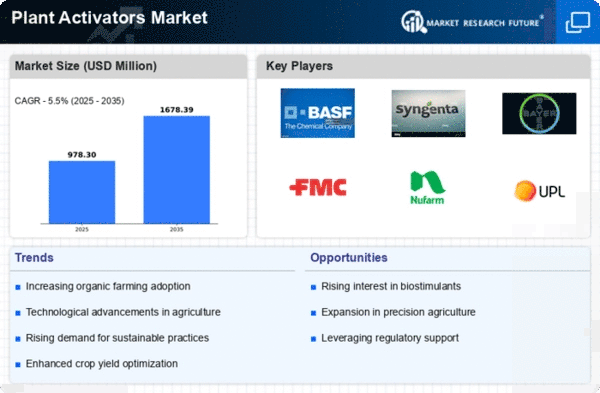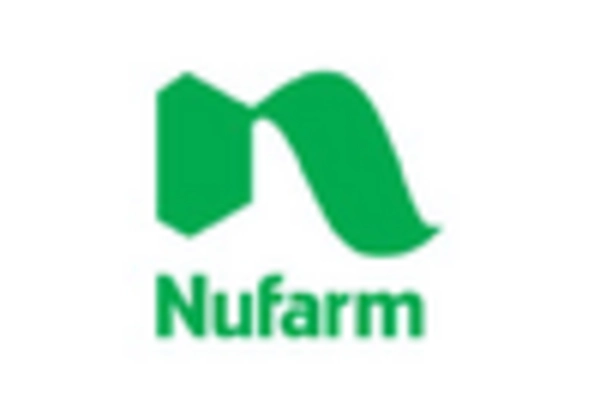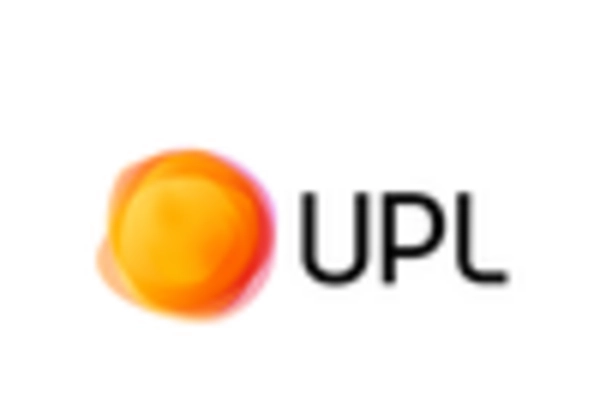Market Trends
Key Emerging Trends in the Plant Activators Market
Plant Activators Market, organizations need effective market share positioning strategies to compete. Activators boost plant defenses, making them more disease- and pest-resistant. Companies in this market use numerous techniques to gain market share as demand for sustainable and eco-friendly agriculture practices rises.
Product innovation is vital to Plant Activators Market differentiation. Manufacturers create innovative plant activator formulas that boost disease resistance, plant growth, and yield. Companies that engage in research and development may provide cutting-edge goods that set them apart from competitors and attract farmers seeking novel crop protection and improvement solutions.
Strategic partnerships and collaborations help market share positioning in the Plant Activators Market. Industry actors typically work with research institutes, agricultural groups, and others to share expertise and resources. Effective and tailored plant activator formulations can result from these agreements. Together with distributors and agricultural input suppliers, enterprises may expand their reach and assure product availability.
Plant Activators Market share positioning requires brand creation. Branding requires good marketing, obvious product benefits, and a favorable relationship with sustainable agriculture. Agriculture and distribution companies may trust plant activator companies that convey effectiveness and environmental advantages. Strong brand identities increase client loyalty and market share.
Company growth in the Plant Activators Market often involves geographic expansion. Companies explore new territories where demand for sustainable and effective plant protection solutions is rising since agriculture is a global sector. Adapting formulas to varied crops and climates helps firms reach more customers and grow market share.
The Plant Activators Market is increasingly using sustainability measures to win market share. Consumers and farmers value sustainable agriculture more. Eco-conscious buyers favor brands that use biological plant activators. Market share increases as this method tackles environmental issues and follows the sustainable agricultural trend.
Companies use training and education to lead the Plant Activators Market. Farmers trust plant activators when they learn about their benefits and correct application. European agricultural land is shrinking, thus plant activators are in demand to boost crop yield and long-term productivity.
The Asia-Pacific plant activators market was second in 2017 and is expected to expand quickest. Increasing demand for high-quality fruits and vegetables, contemporary farming techniques, and pest control innovations are projected to drive the plant activators market in the area. Manufacturers like Eagle Plant Protect Private Limited and Nihon Nohyaku Co. Ltd boost the region's market.
North America is predicted to increase somewhat. Local processed food growth affects plant activator demand. The prediction predicts stable development throughout Latin America. Industrialization in Brazil and Mexico has boosted plant activator usage to maximize arable land. The Middle East & Africa, with its limited water sources, is predicted to have modest plant activators market growth due to poor agricultural expansion in much of the area.


















Leave a Comment